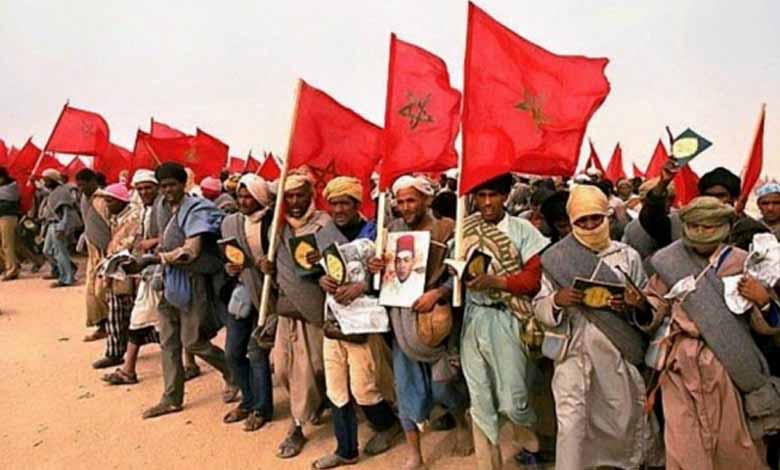Morocco’s Green March: renewed respect for the decisions of the International Community

The Green March in Morocco marks the 46th anniversary, and with it, Morocco reaffirms its commitment and respect for the decisions of the international community.
The late King Hassan II did not invite his people to the southern provinces to liberate them from the Spanish colonization, until he was sure of the Moroccan position in the international community.
The behavior of the monarchist, is the basis for the approach that the country will follow in its crucial issues, especially the Sahara file, which all stations prove Morocco’s commitment to the UN resolutions.
Historic fatwa:
In 1975, the Kingdom of Morocco, together with Mauritania, submitted a joint request to the International Court of Justice regarding the status of the Sahara at that time and its links with the Kingdom of Morocco.
The request came after Algeria, Morocco’s eastern neighbor, and Spain, which occupied the region at the time, refused to submit the request jointly.
In the application to the Court, two points were queried, the first being whether the area was inhabited before its colonization by Spain. The second is whether the tribes that make up the people of the Sahara have links with the rulers of Morocco.
Meanwhile, the legal opinion came from the Court of Justice, which recognizes that, prior to the Spanish occupation, the Sahara region was populated by people belonging to “tribes” or in gatherings with representatives.
The Court confirmed that the area was not empty land and was inhabited when colonized by Spain.
The Court went further, affirming the existence of relations between the Sahrawi tribes and the Moroccan state at the time, which were harmonious, legal ties and Islamic international law, as the late Hassan II indicated in his historic speech on the occasion.
Moroccan guard:
University professor and international relations specialist Lahcen Agertit said that the opinion of the International Court of Justice has restored the situation and confirmed Morocco’s sovereignty over the Sahara.
Agertit noted that Morocco did not move towards the Sahara region until after the court’s opinion was issued, which was in favor of Morocco.
The speaker stressed that this royal conduct reflects the strong respect for the international community and its decisions, which the Kingdom has demonstrated on more than one occasion.
Morocco had intervened only after it had ascertained that its step was sound from the point of view of international law, and that its action was supported by a decision of strong international value.
The Front POLISARIO had strangled traffic at the Guarguerat crossing. It was the first step taken by Morocco towards the United Nations and had complained to its Secretary-General, who had called on them to withdraw.
The intervention of the Moroccan army to secure the border crossing took place only after the UN positions in support of the Moroccan approach prolonged, said the expert in international relations.
He added that even when the Moroccan army intervened, he made sure that the MINURSO mission witnessed the peaceful nature of this intervention and its respect for the legal requirements under way, which the mission later confirmed.












